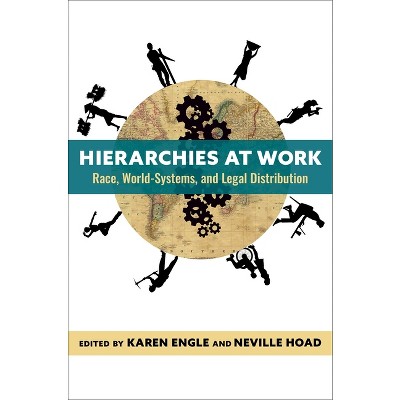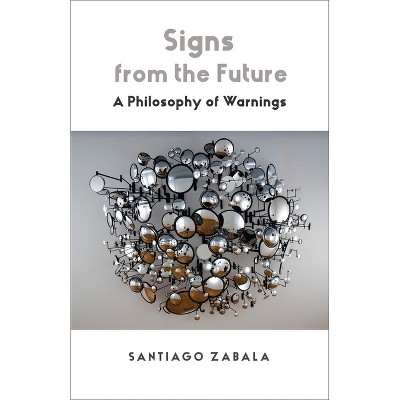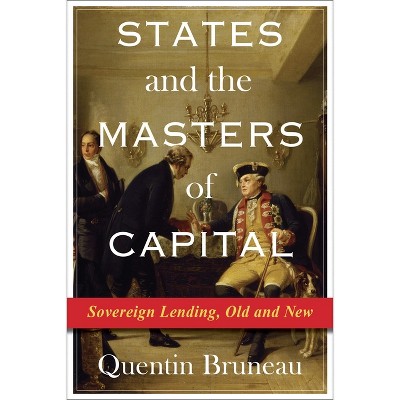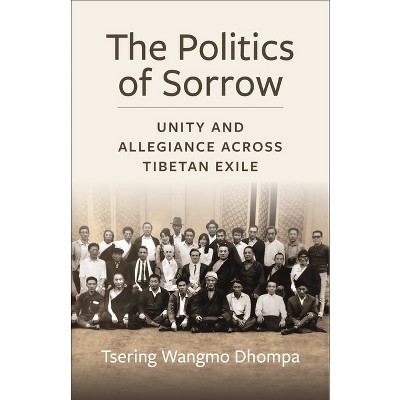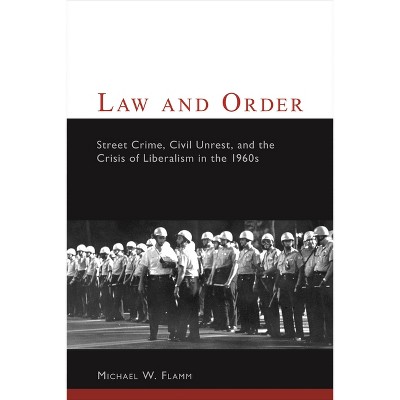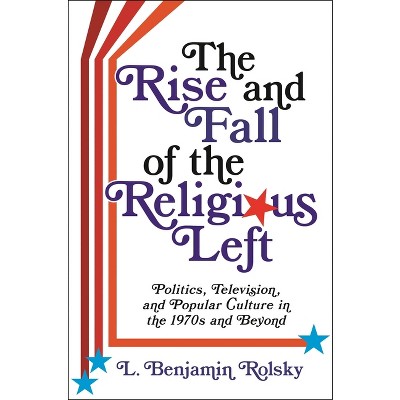Sponsored

Beyond Power Transitions - (Columbia Studies in International Order and Politics) by David Kang & Xinru Ma (Paperback)
In Stock
Sponsored
About this item
Highlights
- Questions about the likelihood of conflict between the United States and China have dominated international policy discussion for years.
- About the Author: Xinru Ma is a research scholar at Stanford University's Walter H. Shorenstein Asia-Pacific Research Center.
- 280 Pages
- Political Science, International Relations
- Series Name: Columbia Studies in International Order and Politics
Description
About the Book
Examining the rise and fall of East Asian powers over 1,500 years, Beyond Power Transitions offers a new perspective on the forces that shape war and peace.Book Synopsis
Questions about the likelihood of conflict between the United States and China have dominated international policy discussion for years. But the leading theory of power transitions between a declining hegemon and a rising rival is based exclusively on European examples, such as the Peloponnesian War, as chronicled by Thucydides, as well as the rise of Germany under Bismarck and the Anglo-German rivalry of the nineteenth and early twentieth centuries. What lessons does East Asian history offer, for both the power transitions debate and the future of U.S.-China relations?
Examining the rise and fall of East Asian powers over 1,500 years, Beyond Power Transitions offers a new perspective on the forces that shape war and peace. Xinru Ma and David C. Kang argue that focusing on the East Asian experience underscores domestic risks and constraints on great powers, not relative rise and decline in international competition. They find that almost every regime transition before the twentieth century was instigated by internal challenges and even the exceptions deviated markedly from the predictions of power transition theory. Instead, East Asia was stable for a remarkably long time despite massive power differences because of common understandings about countries' relative status. Provocative and incisive, this book challenges prevailing assumptions about the universality of power transition theory and shows why East Asian history has profound implications for international affairs today.Review Quotes
The historical reappraisals in this book remain engrossing, and provide a keyhole of insight into the traditions of an ancient realm.-- "Open Letters Review"
A valuable contribution to the discourse on East Asian international relations, offering a more nuanced and potentially more constructive vision of the future.-- "Withered Papyrus"
Drawing on a different set of historical cases than mainstream IR theory, Ma and Kang show that the politics of power transitions can be fraught with different sets of frictions than commitment problems due to shifting power--requiring different theoretical models and, often, different solutions.--Scott Wolford, author of The Politics of Military Coalitions
If one idea animates thinking about China's rise, it is the power transition approach: that China will inevitably come into conflict with political incumbents. Ma and Kang start from very different premises: that internal politics and ideational factors--shared conjectures--drive politics. They make the argument by retrieving Asia's history, considering the region over the longue duree. Their book provides a badly needed service: a different lens--although not necessarily a more hopeful one--on the current conjuncture.--Stephan Haggard, coauthor of Backsliding: Democratic Regress in the Contemporary World
About the Author
Xinru Ma is a research scholar at Stanford University's Walter H. Shorenstein Asia-Pacific Research Center. Her scholarship focuses on nationalism, great power politics, and East Asian security.
David C. Kang is Maria Crutcher Professor of International Relations at the University of Southern California, where he also directs the Korean Studies Institute. His Columbia University Press books include East Asia Before the West: Five Centuries of Trade and Tribute (2010) and, with Victor D. Cha, Nuclear North Korea: A Debate on Engagement Strategies (revised and updated edition, 2018).
